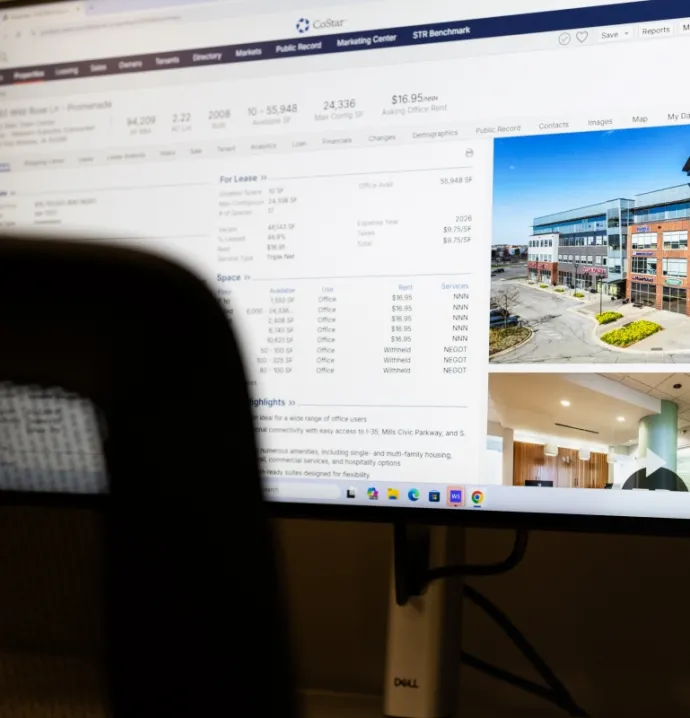Good-bye, mom and pop restaurants and shops
Good-bye, mom and pop restaurants and shops
Most of my readers are familiar with small towns in Iowa that have longstanding family-owned businesses, such as family eateries. Grandparents, parents, and children may own and work in these restaurants. They often have loyal employees that are “part of the family.” These owners may be unable to afford to pay their workers much more than $10 per hour, to say nothing of the proposed $15 per hour minimum wage.
Large corporations located in prosperous cities that pay their workers in excess of $15 per hour may lobby for increasing the minimum wage to $15/hour. Their publicity people may say that corporate officers are interested in “fairness” and “equity” and other pleasant-sounding concepts.
I suspect, however, that another motive lurks. The corporate officers may realize that small competitors in rural areas or so-called disadvantaged neighborhoods will be driven out of business because of the higher minimum wage. This may leave a larger share of the market for the surviving (larger) companies.
Is it ethical for an executive or business owner to advocate national, statewide, or local legislation that they know will injure rivals, even if it benefits some workers or other parties?
This issue is not easy to disentangle. Part of the fun of applying economic thinking is discerning unstated effects of legislation. The proponents of raising the minimum wages are relatively silent about the effects in different parts of the country. Small businesses and their employees in Iowa, the Deep South, and other rural areas will probably be injured more than, say, those in New York City or San Jose, California.
How do we weigh the benefits accruing to some workers from a hike in the minimum wage versus the loss of jobs (often among the least-skilled workers or those in economically-depressed areas) and businesses? I don’t have a definitive answer to this question.
I do think, however, that large corporations and other businesses promoting an increase in the minimum wage should be explicit about potential gains for themselves. Pursuing legislation out of self-interest is no crime, nor do I even think doing so is inherently unethical. I do think, though, that not revealing such self-interested aspects fails the honesty test.
Certainly few of us, myself included, tell “the truth, the whole truth, and nothing but the truth,” in all circumstances. In job interviews, we often fail to divulge unpleasant aspects of our work history. We may fail to identify self-interested motives in seeking a particular job. Political candidates are masters of such obfuscation. Candidates like to brag about how they will “help” people. Few are the candidates, who boldly and candidly say, “I am running because I crave power,” or “I am running, because, hey, have you seen the health care plans afforded legislators?”
What I think would be ethical would be for business advocates promoting a piece of legislation to state, “We think this will help [insert list of beneficiaries here], but we freely admit this bill will also help us.”
Economists Marc Law and Sukkoo Kim once described representatives pushing for a governor’s support for licensing their trade: “Governor, passage of this licensing act will ensure that only qualified people will practice this occupation; it will eliminate charlatans, incompetents or frauds; and it will thereby protect the safety and welfare of the people of this state.” This governor was wise to the ways of constituents pleading special causes. “Gentlemen, are you concerned with advancing the health, safety and welfare of the people under the police powers of the state, or are you primarily interested in creating a monopoly situation to eliminate competition and raise prices?” One of the spokespeople “smiled” and said, “Governor, we’re interest in a little of each (Law and Kim, quoting Council of State Governments, Occupational Licensing legislation in the States, Council of State Governments, 1951, 1).”
I shall not hold my breath awaiting such candor, but I advise voters to keep these thoughts in their minds, as they listen to the debate over legislation. There are always unspoken motivations.
The views and opinions expressed are those of the author and do not imply endorsement by the University of Northern Iowa.




